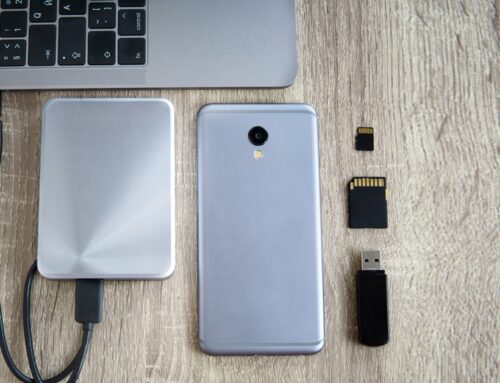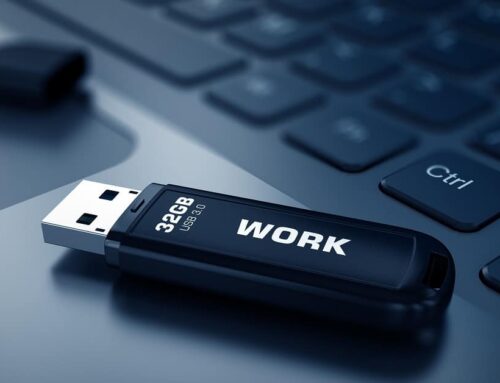To say that data is the most valuable asset of any organization is like saying the sun rises in the east – it’s as obvious as it is true. However, with data breaches becoming increasingly common, businesses must ensure the highest level of security for their sensitive data.
Regulatory requirements related to data security have become more stringent across various industries, with penalties for non-compliance being severe. IT professionals must explore every possible solution to ensure compliance and avoid violations. This is where physical security products come in.
Data Security Regulatory Landscape
Organizations in various industries must adhere to data security regulations to ensure the highest level of protection for their confidential information and avoid penalties. Regulatory requirements vary across industries and countries, with some having higher standards than others. Some of the most common regulatory frameworks that companies must comply with include the Health Insurance Portability and Accountability Act (HIPAA), General Data Protection Regulation (GDPR), Payment Card Industry Data Security Standard (PCI DSS), Sarbanes-Oxley Act (SOX) and the Federal Information Security Management Act (FISMA).
Role of Physical Security Products In Meeting Compliance Requirements
Physical security products can play a significant role in ensuring data security compliance. USB port locks and network port locks are examples of physical security products that help prevent unauthorized access to sensitive data. Data security breaches can occur through vulnerabilities in the physical infrastructure, such as unsecured ports and network access points. USB port and network port locks are specifically designed to prevent unauthorized access to a company’s data. Such physical controls are crucial in safeguarding sensitive data and ensuring compliance with data protection regulations.
Leveraging USB Port Locks
A USB port lock is a physical security product designed to secure USB ports and prevent unauthorized use of USB devices. They are simple yet effective methods to ensure that no unauthorized devices can connect to your system. USB port locks can prevent malicious actors from compromising an organization’s network through the use of unsecured thumb drives. By preventing unauthorized personnel from plugging anything into USB ports through USB port locks, organizations can reduce the risk of data breaches significantly.
Network Port Locks
Network port locks secure and restrict access to network jacks in a similar way to USB port locks. These physical security products are used to prevent unauthorized individuals from accessing a company’s network. When someone tampers with a jack without authorization, network port locks can offer a deterrent. Network port locks play a crucial role in preventing unauthorized access and maintaining data security in compliance with regulations.
Secure Your Data, Secure Your Future
In the ever-evolving digital landscape, organizations can no longer afford to consider data security as an afterthought. The cost of non-compliance is far too high, both in terms of regulatory penalties and damage to reputation. Thus, physical security products such as USB port locks and network port locks serve as vital tools in your data security arsenal. They provide an additional layer of protection, preventing unauthorized access to sensitive information.
Not only do these solutions help in achieving regulatory compliance, but they also fortify the trust your customers place in your brand. In the fight against data breaches, every measure counts. Don’t wait for a breach to happen. Secure your data today and safeguard your organization’s future.










